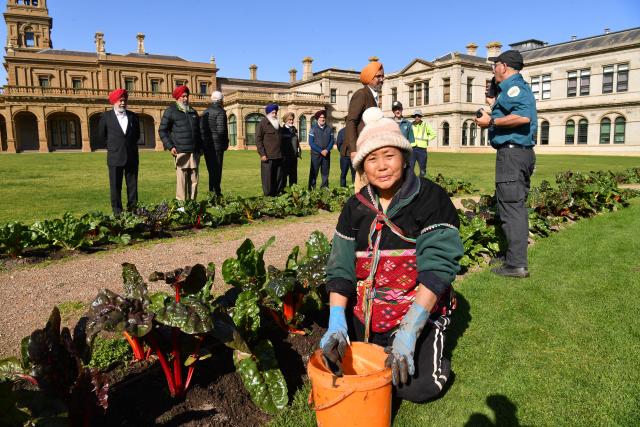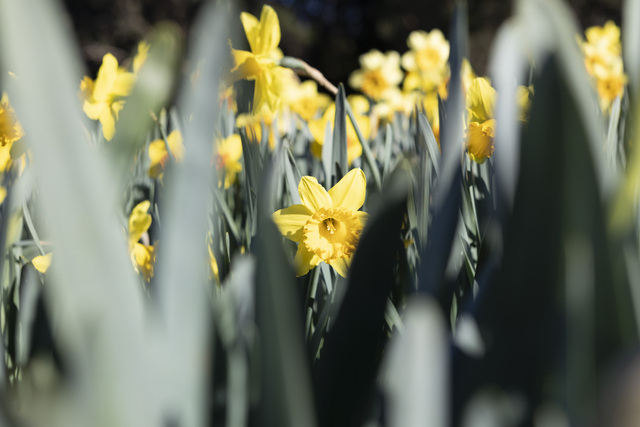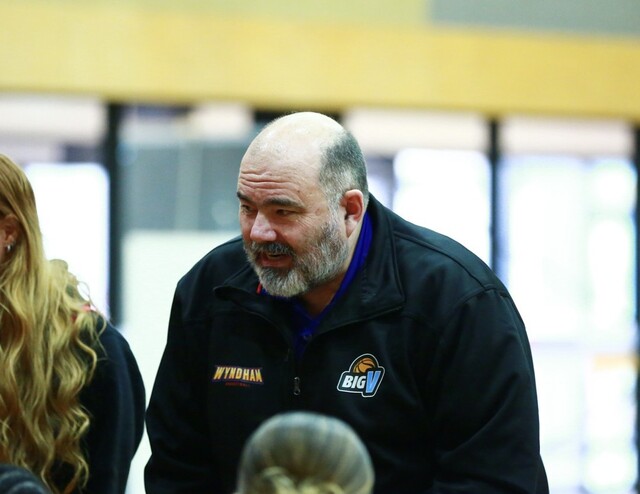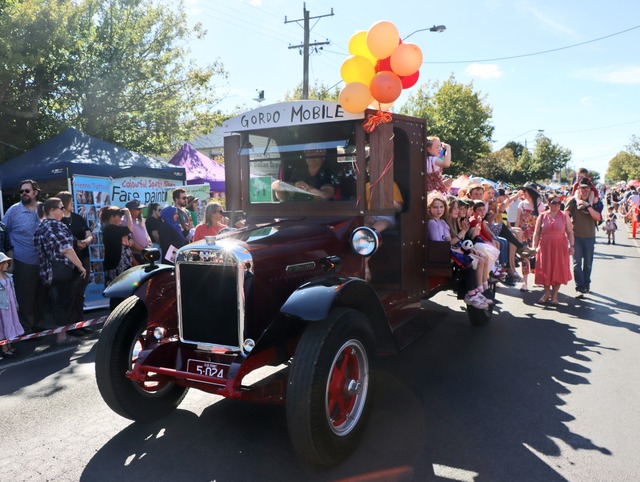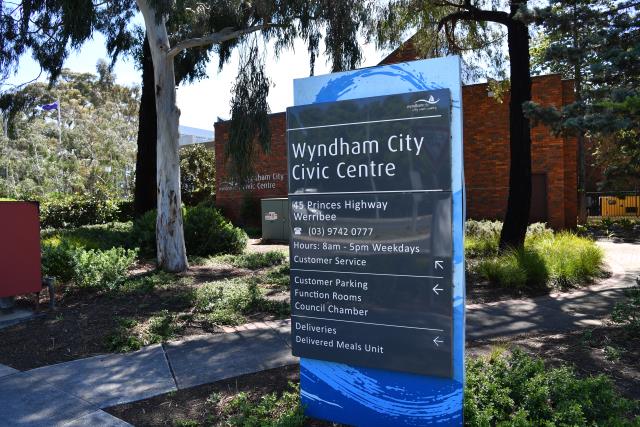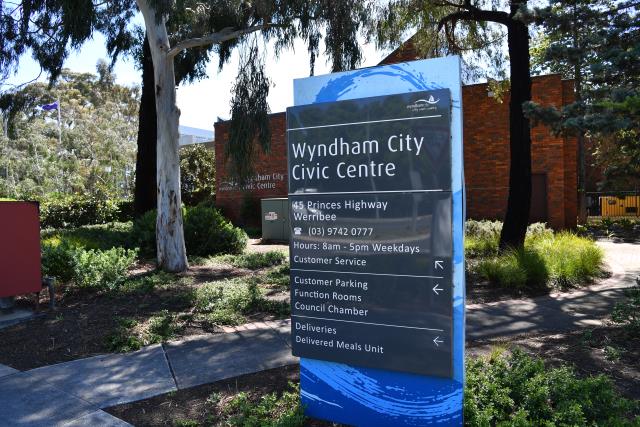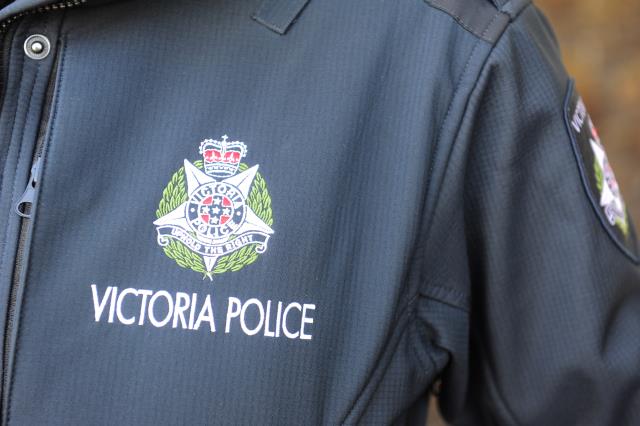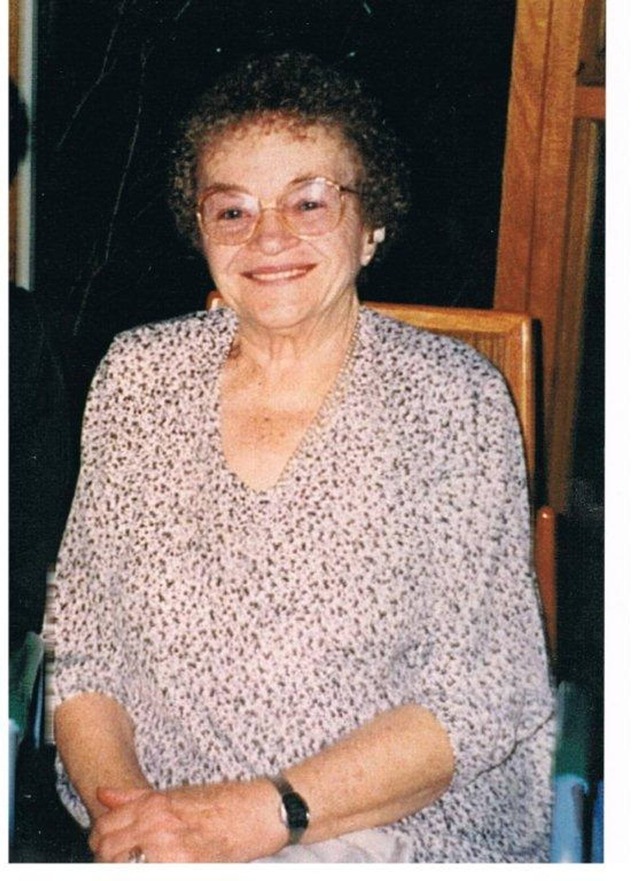The food relief program at Werribee Park began as a joint venture between Parks Victoria and refugee settlement agency, AMES, during Covid.
Three years on, food grown and harvested at Werribee Park is helping to address another crisis.
“This program is in response to the ever growing cost of living crisis, which is particularly present in Wyndham,” said James Brincat, Parks Victoria’s Area Chief Ranger for Werribee Plains.
“Everthing is hand harvested, bundled and bagged to be delivered to a number of charity based kitchens and food share outlets, with the next step being going into the mouths of our community members doing it tough,” said Mr Brincat of the harvest which is underway and will continue until Melbourne Cup Day.
The hand harvesting is done by volunteers, but as Mr Brincat explained, they participate in the whole gardening process.
“There’s over 150 volunteers from the local Wyndham community that take part in the program from planting and harvest to food distribution and preparation.”
The volunteers are are another way the program assists the disadvantaged.
Local disability groups volunteer as part of a gardening program tailored for disabled young adults, while women from the local Karen community also contribute.
“They help with planting and maintenance of the silverbeet including hand weeding because we don’t use any herbicides and pesticides,” said Mr Brincat of the Karen women who are refugees from Myanmar.
The program grows other vegetables at community gardens, but at Werribee Park the focus is solely on silverbeet, which grows in a parterre garden in front of the mansion.
“It grows easy and we can use it as a green manure crop to dig back into the soil at the end,” said Mr Brincat of why silverbeet was chosen.
“You can put it in such a range of dishes.”
While the food relief program is designed to help others, Mr Brincat said it could only do this by receiving some of its own.
“The local Sikh community sponsor the entire project,” he said.
“They cover all costs which is about $5.500 dollars. That pays for the plants and the rabbit proof fence that has to go up and the organic fertilisers and anything else we need.”
Helping those who are helping others.

